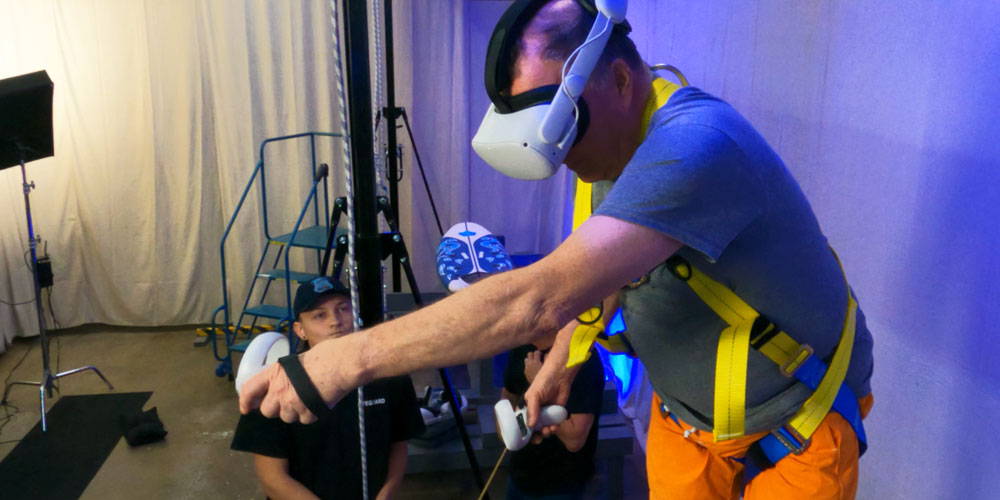When Mark was younger, he remembers you had to be able to swim otherwise you had to wear a lifejacket. He took his first lifesaving course when he was 12 years old, and once he passed that he says, “you magically became clear to leave the lifejacket under your butt”.
When he was 14 or 15, he and two friends set out for a canoeing day trip on a small river and were coming up to a portage around a small, little rapids. They were crossing from one side of the river over to the other to hit the portage. None of them were wearing life jackets. It was a hot, lazy summer day and the person in the middle of the boat was half asleep. The current made the canoe wobble and the person in the middle fell over to the edge and the person in the bow grabbed hold of the far side as the canoe started to rock and they just flipped over. It was around 85 degrees that day and the water was probably about 70 degrees. It happened very quickly, and Mark stated “That was a shock. And I would have said that could never have happened to me. But it did! Thankfully everyone was okay, but it was a surprise.”




